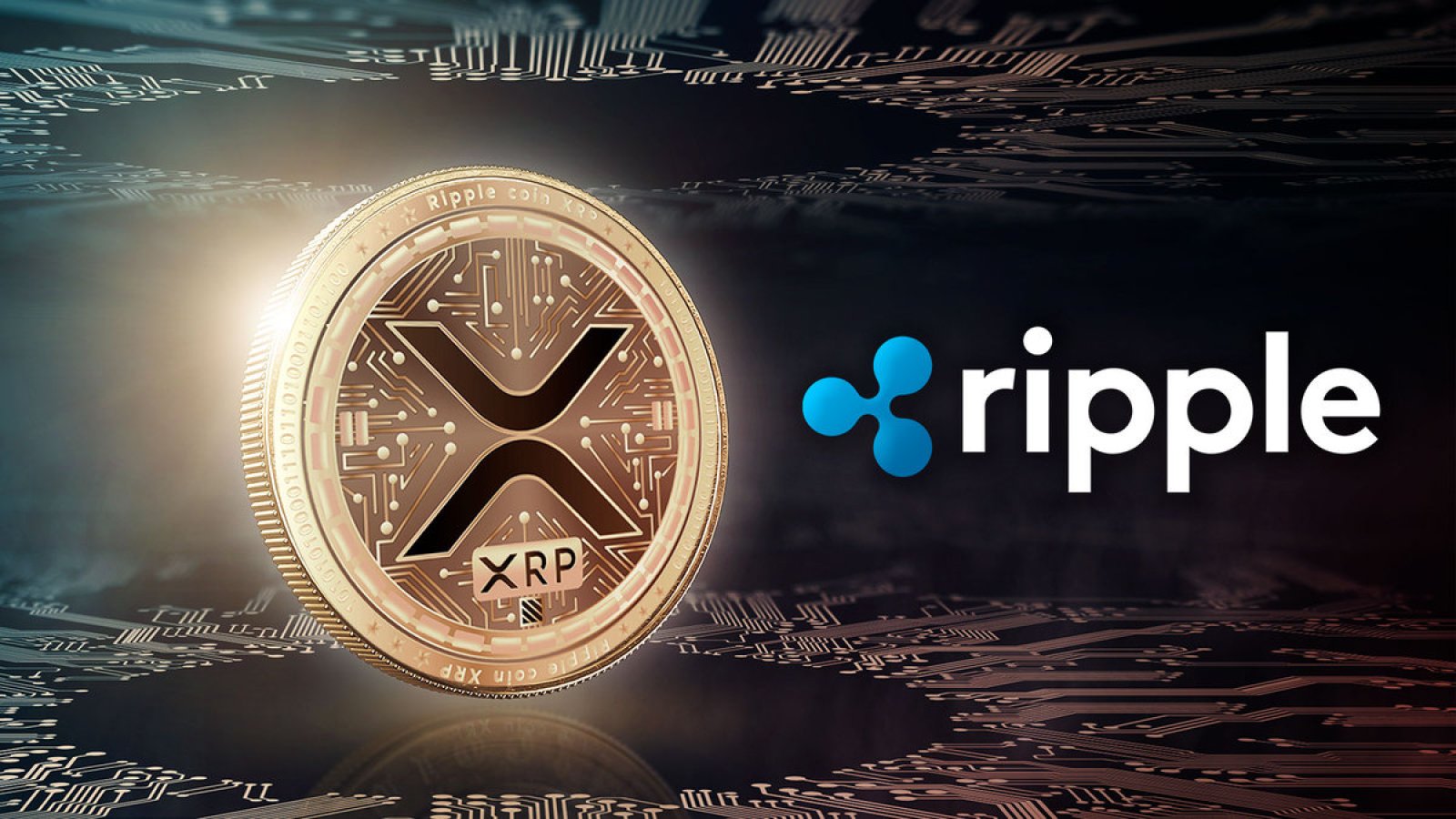Navigating Regulatory Waters: Ripple's Role in Defining DeFi's Future

Introduction:
The decentralized finance (DeFi) space has witnessed exponential growth in recent years, revolutionizing traditional financial systems. However, this transformative journey has not been without challenges, one of the most significant being regulatory uncertainty. In an effort to bring clarity to this evolving landscape, Ripple, a prominent player in the blockchain and cryptocurrency industry, has taken steps to engage with regulators and establish a regulatory framework for the DeFi space. In this blog, we will explore how Ripple's efforts may impact the growth of DeFi.
Understanding Regulatory Clarity:
DeFi, built on the principles of decentralization and blockchain technology, has flourished in a somewhat ambiguous regulatory environment. The lack of clear guidelines has left both DeFi projects and users in a state of uncertainty, hindering mainstream adoption and potential institutional involvement.
Ripple, known for its digital payment protocol and XRP cryptocurrency, has recognized the importance of regulatory clarity in fostering a healthy and sustainable DeFi ecosystem. The company has actively engaged with regulators, advocating for transparent and well-defined regulations that can provide a secure foundation for the DeFi industry.
Enhanced Credibility:
One of the immediate impacts of Ripple's efforts could be the enhanced credibility of the DeFi space. Regulatory clarity is often associated with legitimacy, and as Ripple works towards establishing guidelines, it may encourage institutional players to enter the DeFi market. This influx of institutional capital could provide a significant boost to the overall growth and development of the DeFi ecosystem.
Reduced Regulatory Risks:
DeFi projects have faced regulatory risks due to the uncertain legal status of their operations. Ripple's proactive approach in engaging with regulators could help alleviate some of these concerns. Clear guidelines may provide DeFi projects with a roadmap to navigate regulatory requirements, reducing the risk of legal challenges and regulatory crackdowns.
Increased Adoption:
Regulatory uncertainty has been a barrier to widespread DeFi adoption. Ripple's efforts to establish regulatory clarity could unlock a new wave of users who were previously hesitant to participate in the decentralized financial space. As regulatory barriers diminish, mainstream users may feel more confident in exploring and utilizing DeFi platforms, leading to increased adoption and usage.
Partnerships and Collaborations:
Ripple's influence and reputation within the cryptocurrency industry make it a potential bridge between traditional finance and DeFi. By fostering partnerships and collaborations with regulatory bodies, financial institutions, and DeFi projects, Ripple could play a pivotal role in bringing these diverse stakeholders together for the benefit of the entire ecosystem.
Conclusion:
Ripple's commitment to establishing regulatory clarity in the DeFi space signifies a maturation of the industry. As the company continues its efforts, the impact on DeFi's growth is likely to be positive, with enhanced credibility, reduced regulatory risks, increased adoption, and the potential for strategic partnerships. While challenges may still lie ahead, Ripple's proactive stance contributes to the overall evolution and legitimacy of decentralized finance, paving the way for a more robust and inclusive financial ecosystem.


















![[ℕ𝕖𝕧𝕖𝕣] 𝕊𝕖𝕝𝕝 𝕐𝕠𝕦𝕣 𝔹𝕚𝕥𝕔𝕠𝕚𝕟 - And Now What.... Pray To The God Of Hopium?](https://cdn.bulbapp.io/frontend/images/79e7827b-c644-4853-b048-a9601a8a8da7/1)












![[LIVE] Engage2Earn: auspol follower rush](https://cdn.bulbapp.io/frontend/images/c1a761de-5ce9-4e9b-b5b3-dc009e60bfa8/1)
